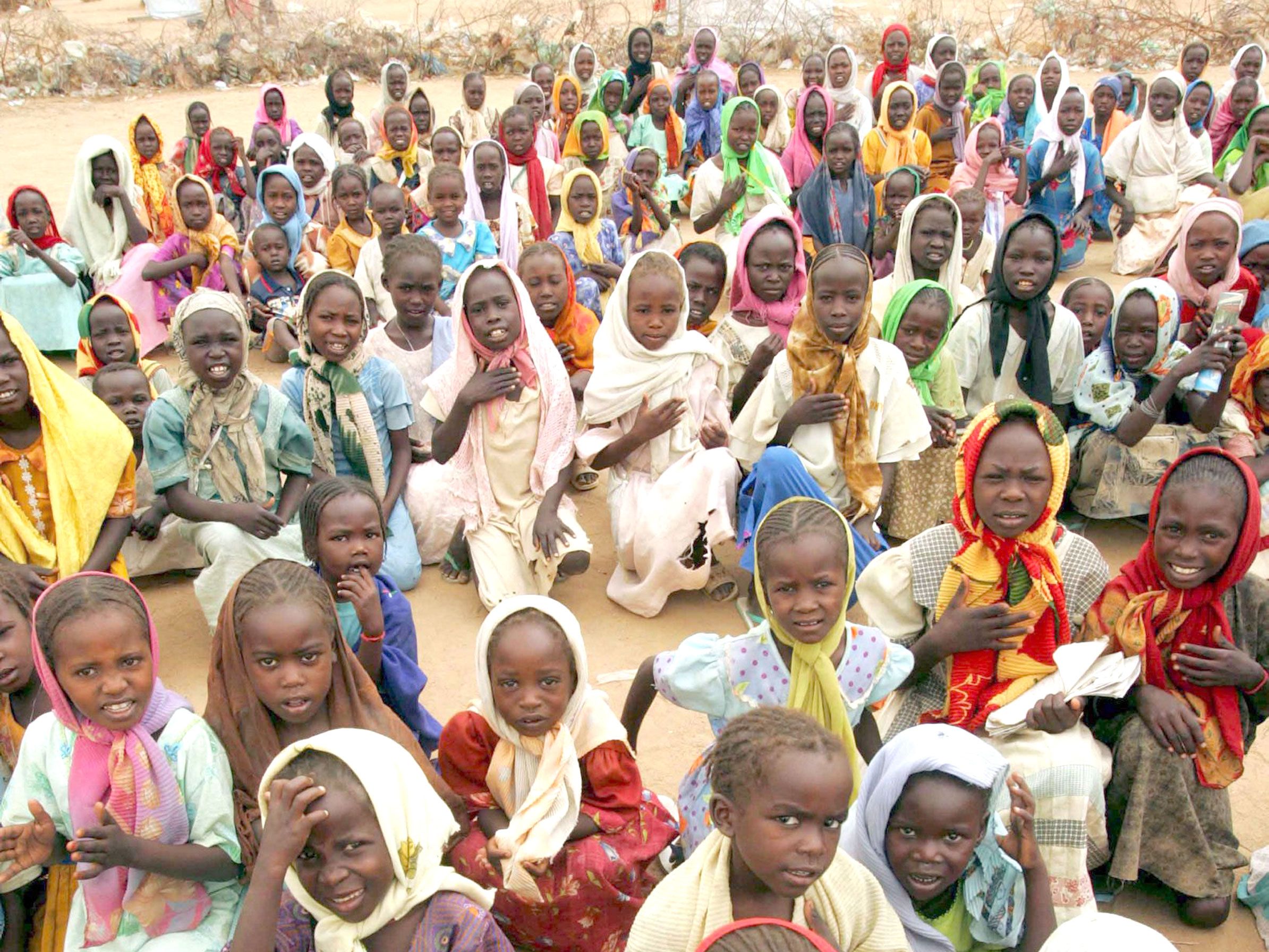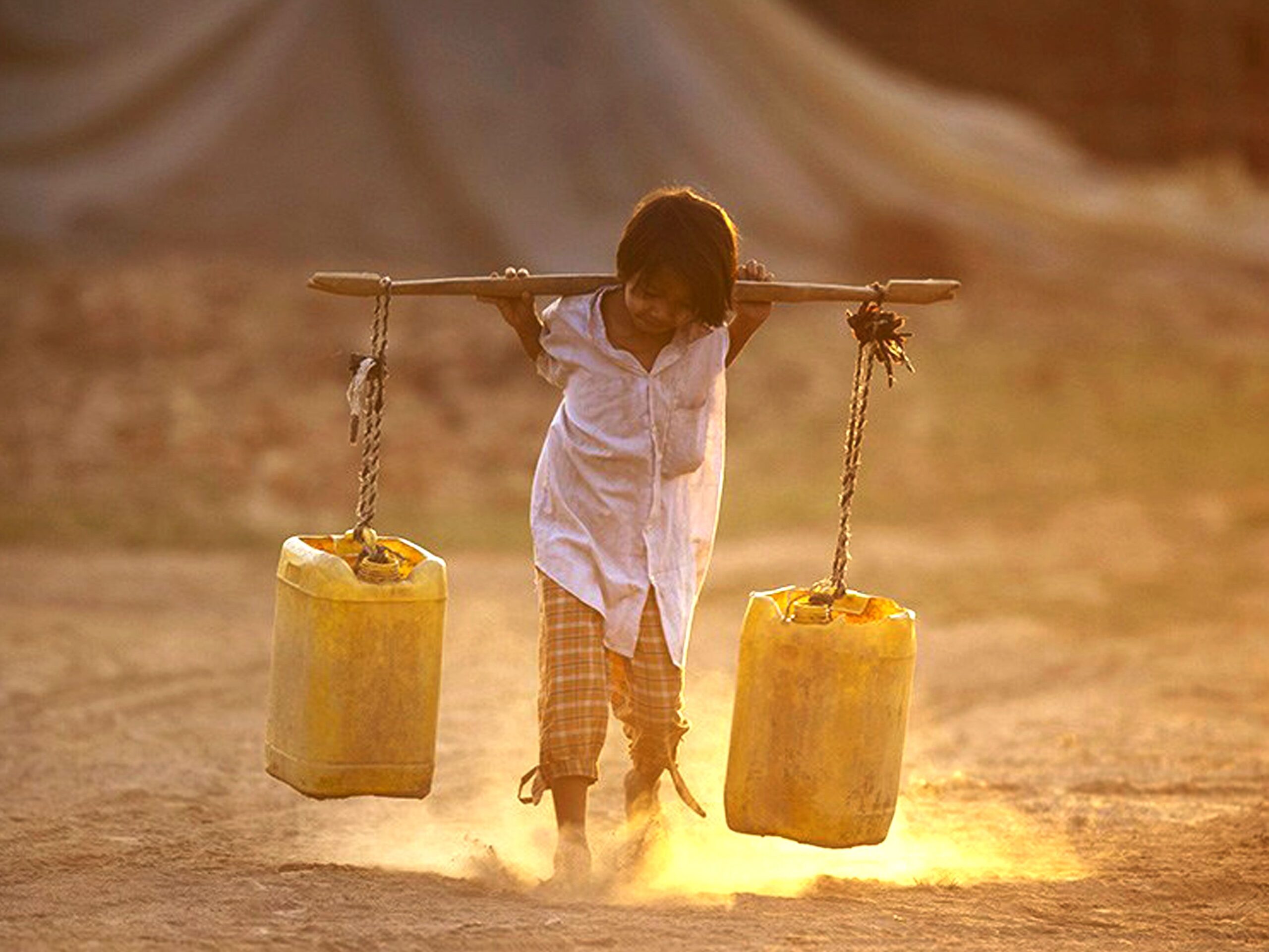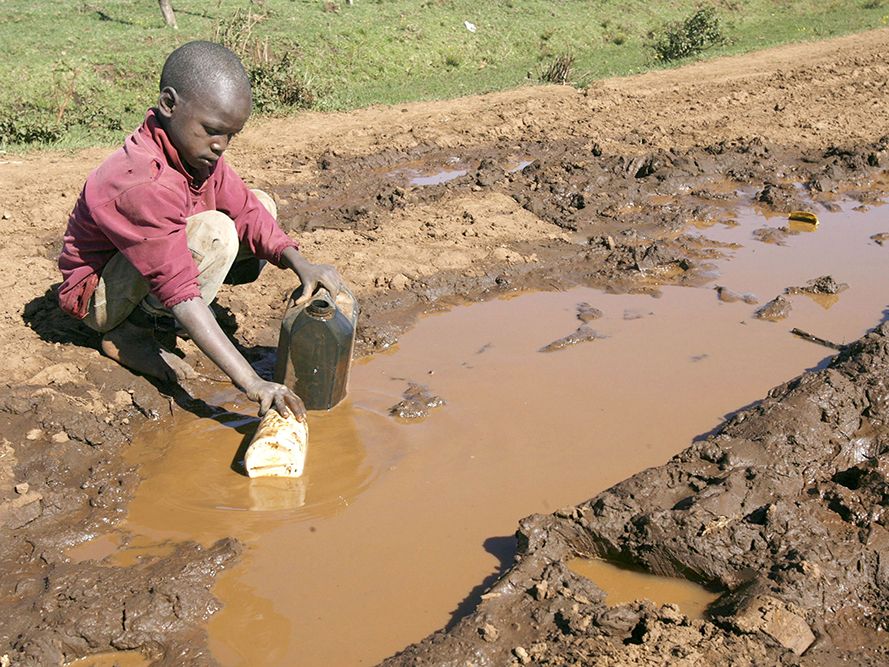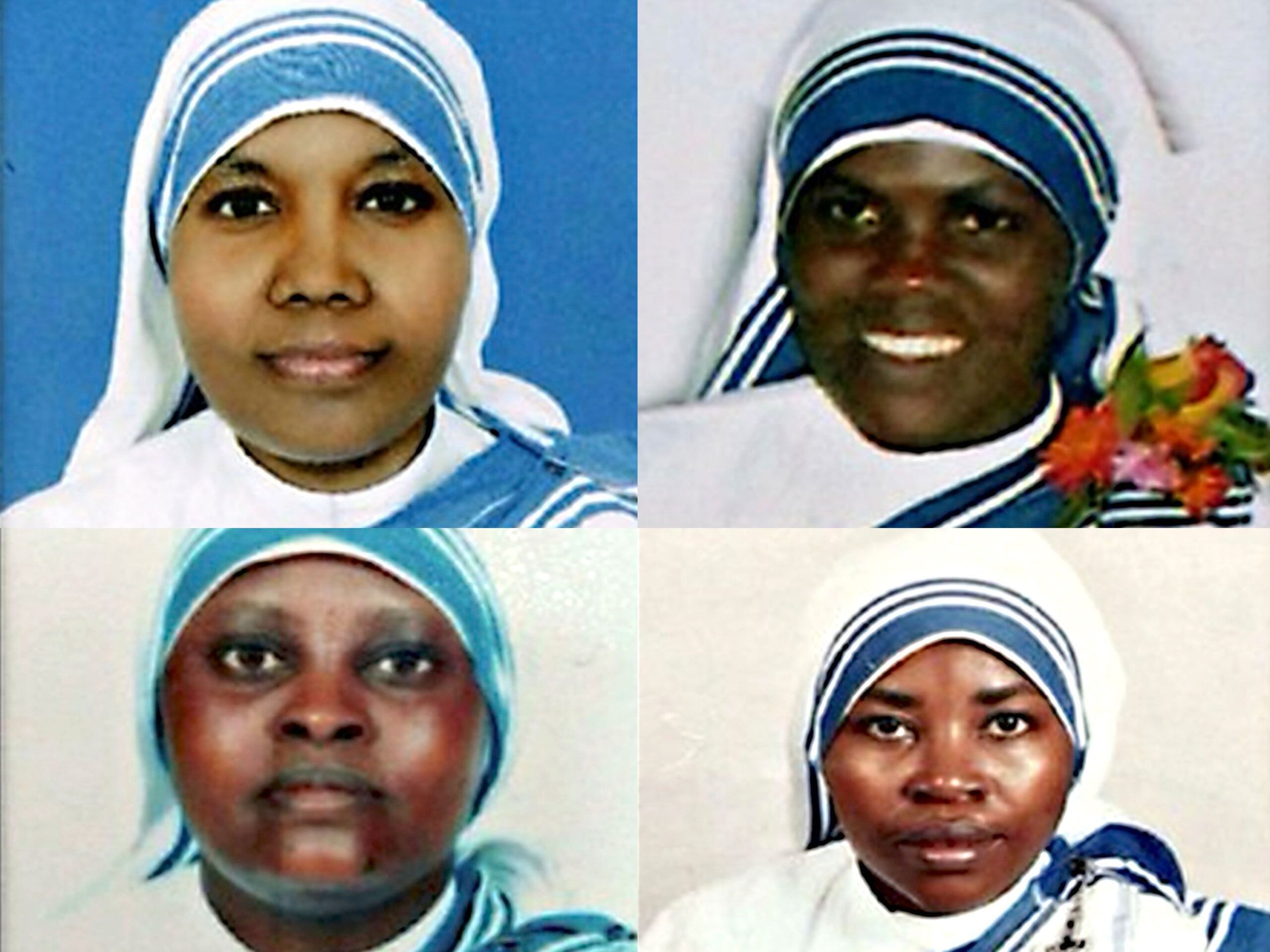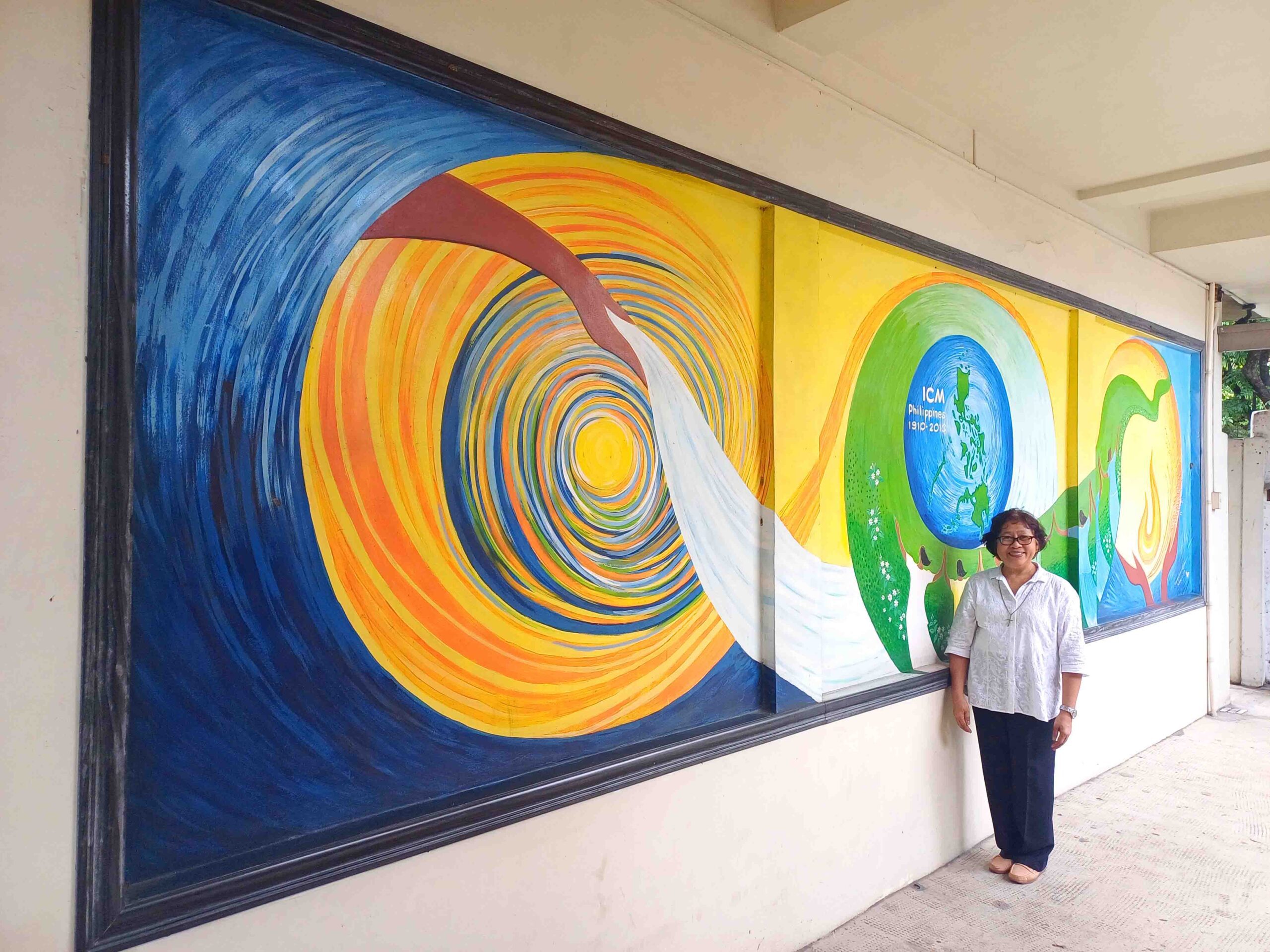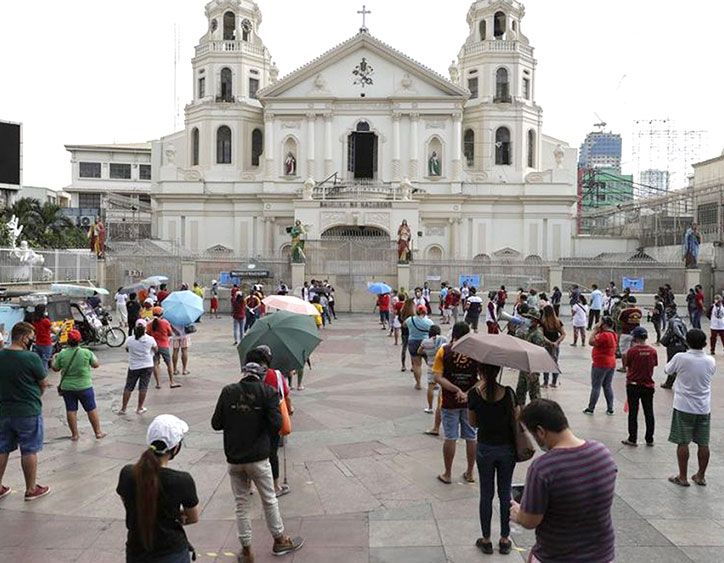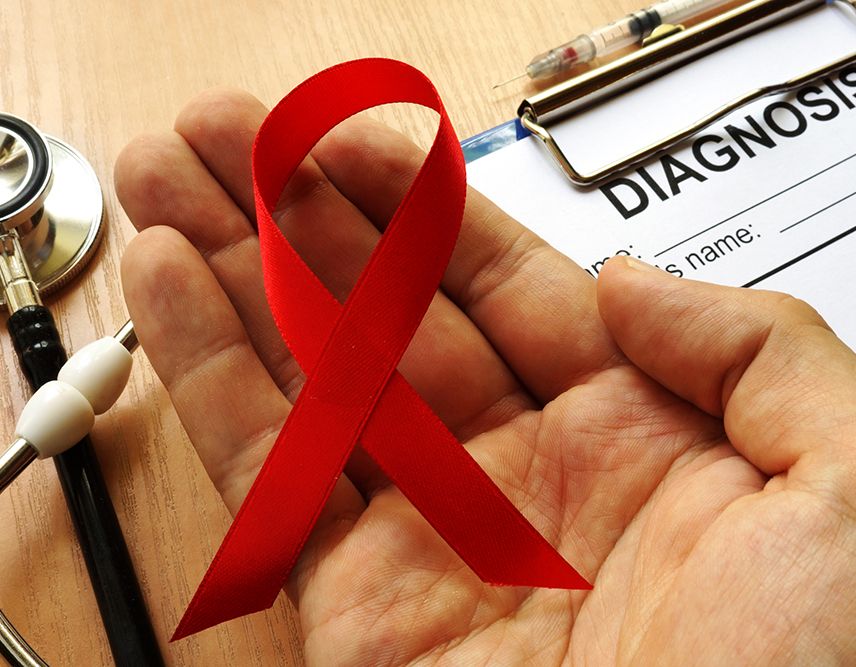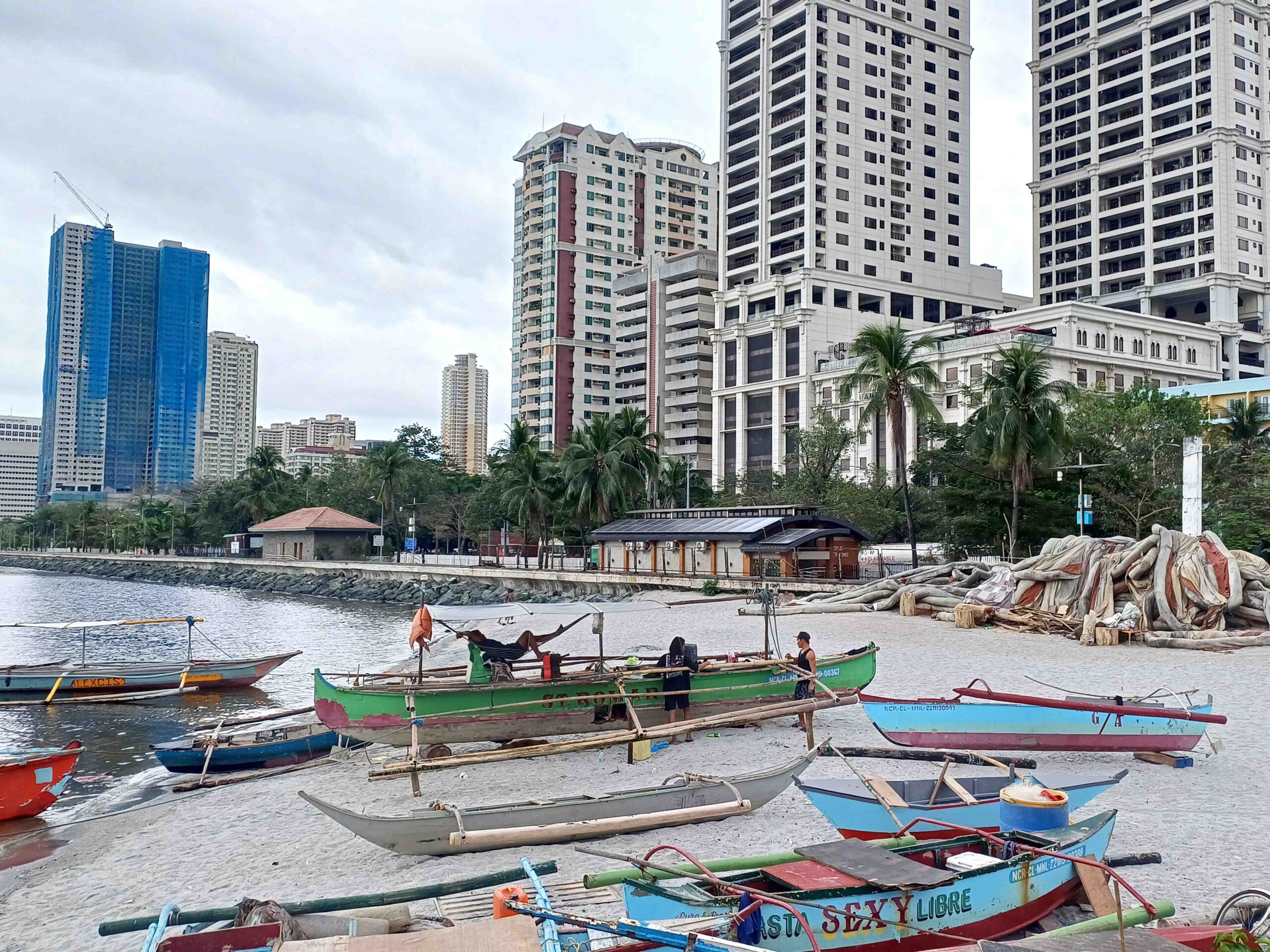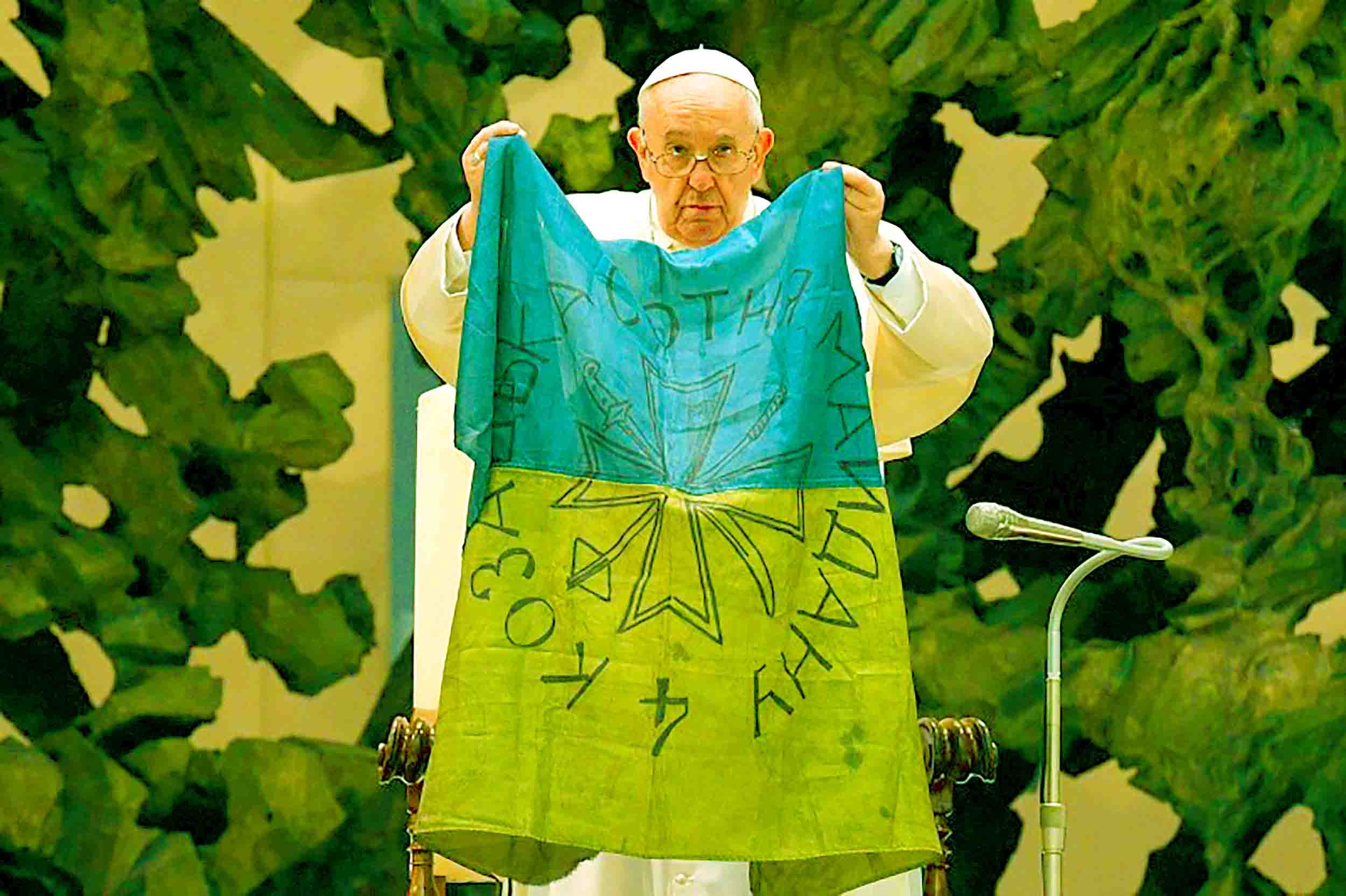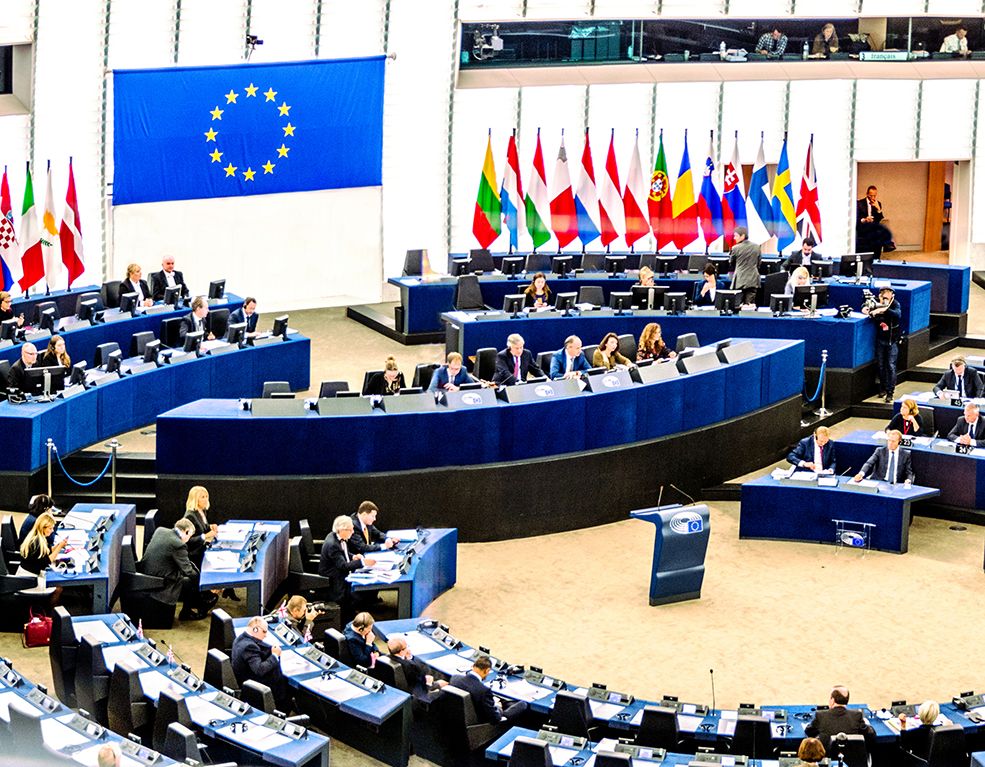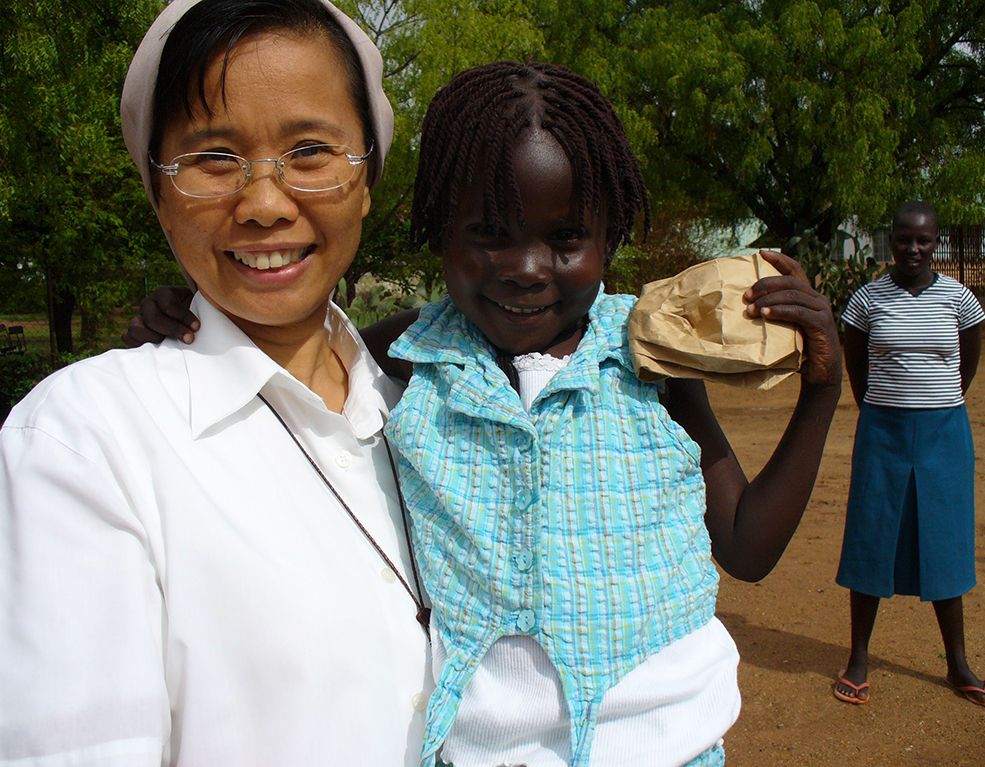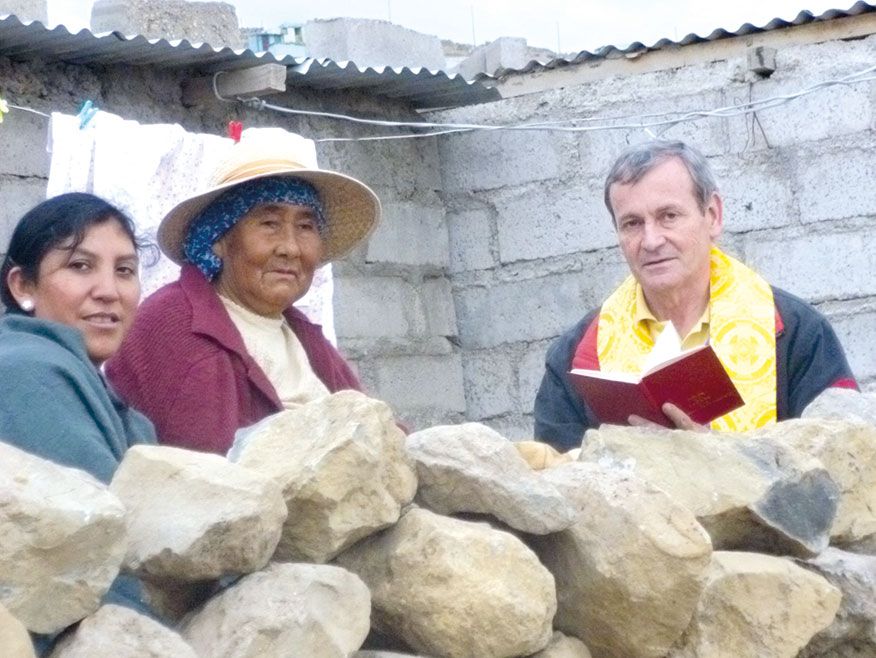Visits to the refugee camp in South Sudan called Dreij, where about 80,000 people try to survive, have always been routine for me. The headquarters of the peacekeeping forces which were part of the hybrid U.N.-African Union mission in Darfur (UNAMID) is located there. I am very familiar with this area, especially because it is linked to the military chaplaincy service asked for by some groups of Catholic servicemen, especially the battalion from Nigeria. Approximately 15,000 members of UNAMID are scattered across Darfur.
As I pass the first store I ask for a bottle of water. “We sell only glasses of water,” says the kid timidly behind the counter.
“Kafir! Infidel!” I hear someone murmur. Although I did not see, I guessed he was not far from me. An insult, no doubt, but I chose to pretend otherwise. I remained calm and took the situation lightly, while looking back and around, asking: “Kafir… who?”
Without delay, a man appeared getting up from the angareb, the typical Sudanese bed made of sisal rope. After the usual Assalamu Alaikum greeting – peace be with you – politely, I said that I had a correction to make. And he heard, not without surprise, what I, calmly and firmly, spoke: “I am not Kafir, I believe in Allah, a God who loves us all equally. I pray and ask that Allah will bless you and all in this house.”
Despite the situation in which I got myself in, I was happy and serene. However, I took a deep breath, preparing myself for the crude and offensive reaction that might come.
Good heart
The man behind the counter stared at my eyes, while his bearded face adopted a serious and grave tone. I saw no evil in his heart. From his mouth I heard words which I registered with attention and respect: “Remember, khauaja (foreigner) that if, instead of me, you had stumbled upon another Muslim, he would certainly slam the door in your face. However, for my part, you can relax; but let me tell you and confirm what is essential and sacred to us who follow the Islamic religion,” he said in a serious tone.
“I’m all ears” I replied, as I dispose myself to listen to the interlocutor. And he pronounced solemnly: “Allah, God, sent Muhammad (God’s blessings be upon him) to this land. It was through this distinguished Arab messenger that the world has known or will come one day to know the majestic Islamic religion. Since then, it became clear that all other religions that came before, and that may come afterwards, are outside the true worship of the Most High and Almighty.”
I thought to myself: “Here is a human being deeply convinced of his religion, whose words contrast with my Christian faith.” However, I do not feel, in this my Muslim brother, the stain of proselytism or extremism, as has happened in other conversations with some of his supporters. My feeling is not only to express to him my respect but also to give thanks to God for the peace and serenity I experience at this moment and in this place. No doubt, I’m in front of a good-hearted man.
And he resumed the conversation: “At khalua (the Koranic school for children), we learn things that later in life, when we find someone who is not a Muslim, we use and repeat too easily and even without thinking. Like the words that you heard earlier from my mouth – Kafir” he said, as if to apologize. To which I replied not to worry at all because I did not take it as an offense.
Memories make you alive!
“By the way, sorry! I had not even said my name; my name is Abdallah. My hometown is Bulbul, about sixty kilometers from here. Over there, we knew no hunger; it was enough to sow and work the land during the khareef (the rainy season), and we had food for the whole family. Until one day, seven years ago, the janjaueedes came. They destroyed, killed, burned. Two of my children disappeared in that cursed and diabolical attack.”
Abdallah paused for a moment, trying to control his emotion, and resumed: “I imagined them escaping and later wandering in search of bread and safety, hoping for the happy occasion to meet again. After a few months, however, we had to accept the reality that this world was no longer theirs. And the pain is much greater when we cannot even bury our dead. We, the survivors of Bulbul, left our village advancing slowly, in stages, camping here and there, until we got to the big refugee camps outside the town of Nyala. Originally, I had settled with my family in Salam but, a year later, I moved to this place where I knew that the majority of the people from my clan had settled. Here, it is easier to gather together to remember and relive what happened. ”
“Remember sad things?” I dared to interrupt. “Yes,” he replied. “Remember our dead, bring to mind the destruction, the fires and the plundering of our goods. Do you think we should forget? And women, girls and adolescents whom the janjaueedes raped and after shot them, leaving them in a pool of blood? Forget? The one who forgets no longer has life in himself; he is dead. On the contrary, remembering makes us live and fight for life,” he finished off with boldness and conviction.
Fictitious return
Abdallah continued with pity: “Some of my colleagues and displaced neighbors who I have come to know over the years have lost their hope of returning to their home villages. As for me, I’m still not convinced that I am a displaced person, and I do not like this label attached to me. It is true that the Darfur has become, on the world map, a black spot where there is no security at all. But I am very hopeful that my story will not end up here.
Now, I did not hesitate to interrupt my interlocutor, certain that I would come to meet him where he most desired and expected. Surely, he should be aware of the news about the Darfur’s displaced. Already a few days old but still new and fresh! The novelty is that the media announced that the voluntary return to the villages, destroyed in the past years by the janjaueedes, is already underway. According to government officials, security in those places of armed conflict has returned to normal, and there is no danger for those who wish to return to their places of origin. I myself followed the news on Sudanese television which also showed some images.
Contrary to what I expected, I felt that something was not right. I saw it clearly on Abdallah’s serious and sad face, as he told this story, to the point that I almost felt threatened by his words: “Mister Khauaja do not believe the news you hear without first checking with the people concerned. In this country, there are more liars than you think. Ask anyone in this camp or over a hundred camps scattered throughout Darfur. Do you think that, perhaps, if that was true I would be here at this moment instead of being on my way to Bulbul, my beloved home village?”
The store’s owner wiped the sweat with the long sleeve of his jalabia or wide white robe. He lowered his voice and looked around, as if making sure we were really alone. Then he continued: “This false news continues in the air but has not yet found a landing! Unfortunately, it is false and illusory. The truth, however, is this: some occupants arrived at some of the destroyed villages but they are not refugees, nor even Darfurians or Sudanese. They are foreigners speaking Arabic, and are well armed. How come? Why? For what? These are true facts but we do not say them aloud in the streets because the Sudanese security is infiltrating in every corner and fear is part of our life… and we die only once. All this makes it impossible to answer the question: What do our leaders want from Al-Gharb, Darfur, and its inhabitants? We do not know where this will lead us and we still cannot see winds of change. However, not all is lost. I continue to have faith in God who will help cleanse the consciences of those who have the great responsibility of guiding the ship, that is this country,” he said wistfully.
Perhaps, this man whom I have before me, still has a score to settle with life in his litany of bitterness but preferred, for now, to stick around. However, more than a simple wish, his determination is clear: return to Bulbul and there start life anew with his family and his entire clan.
A book and its secret
His little son, Omar, who, until then, had been silent and quiet behind the counter, seemed somewhat indifferent to the details of the possible return to Bulbul. He was still a baby when the family escaped from there. Awakening from his shyness, he gave me an ambiguous look that I did not understand at the time. He disappeared for a moment, returning after a while to where we were. He was carrying a book marked by dirt and bad care. I recognized immediately that it was the New Testament of the Holy Bible. He asked me if I knew it. Looking at it closely, I noticed that it was no longer intact: it looked like it had been eaten, in part, by an animal. “Of course I know,” I replied; “It’s the ‘brother’ of the one I read every day,” I confirmed with a smile. The father, meanwhile, looked at the book with an air of reverence or almost fear and, with some difficulty, dared to take it into his own hands.
Then I listened, with particular interest, to what was revealed to me about this book: “It belongs to my eldest son, Mauia, who married six months ago and moved to the other end of the neighborhood. I know that my boy was a close friend of the person who had offered him this book: a certain khauaja whom he called Abuna, priest, and had been his teacher in the nearby Comboni school in Taiba neighborhood. This happened over twenty-five years ago when the school was still under construction. What is interesting is that my son told me that this Abuna had shown him a secret contained in this book, a keyword that gave the power to the believers of Jesus Christ to conquer a kingdom that would allow them to dwell forever with Allah. Yes, a kind of janna (paradise), which is also spoken of in the Koran, our holy book.”
As the man behind the counter was entertained with the sacred pages, I looked at him with a meditative gaze. Books have their importance, and even the one you have in your hand, though so ripped up and is in a bad state, did not really lose its dignity. God goes beyond all this and goes beyond written words and the pages that perhaps are missing. Jesus Christ has the keyword that you yourself were talking about a few minutes ago: janna, heaven, the kingdom of God, that He came to announce. The secret was chosen by God and the keyword is the death and resurrection of Jesus Himself. I am glad that all these thoughts have surfaced which, incidentally, are not new to me, because it is part of the Christian doctrine and theology that I believe in. But far be it from me to reveal immediately and directly to my interlocutor the contents of my meditation: this follower of Muhammad does not deserve such an offense. Conversion is God’s work. I hope in Jesus and He will inspire us about the right way and the right time to reveal Him to those He loves.
Towards the mosque
The public address system of the nearby mosque thundered. The proclamation of adan (the call to prayer), majestically sung by the muezzin echoes through the air and penetrates all the space around: “Allahu akbar!” (God is the greatest).
It’s Friday. I look away toward the street where some men in white jalabia can already be seen walking towards the temple. From the inner rooms of the store appears a woman with the ibreek, a small plastic watering can in hand, which she places at the back of the main shelf, and begins to clean the counter. I can perceive a very self-confident lady and full of energy. She came with a little boy, who seems younger than Omar, whom she helps with his cirual, white pants, which are used under the jalabia. She takes the time to teach him how to do the loop of the tica, the cord around his waist. The small establishment is closing. It’s the weekly holy day. It is a day of rest for institutions and government offices, although the market, in general, keeps its doors open, freely, according to the convenience and interest of their respective owners. Worth mentioning, however, is that, at the beginning of the community prayer of the Muslim holy day, before two o’clock, you do not see any shop doors opened.
I notice that Abdallah, having rolled up the long sleeves of the typical jalabia to the shoulder, is now finishing making his ablution, that is, the ritual washing before prayer. One hand holds the ibreek which has a small pipe where water falls into the hollow of the curved fingers of the other hand, raised to a little above the elbow. Without interrupting the ritual ablution, the Muslim faithful is telling me: “My friend Khauaja, I am not sending you away but the muezzin has called for prayer.”
I did not let him finish speaking, saying immediately, “La samaha Allah!” (God forbid!) May it not be because of me that you arrive late for the appointment of prayer in the mosque!” And, with some coins in my hand, I said hurriedly: “But I do not want to leave without settling my account. I saw him react gently but seriously.” Please, do not offend me with those words,” he said, as he shook the last drops of water from his hands. “And when you come back this way, I hope to offer you not only a drink of water but also lunch and more time to be together, “In sha Allah” (God willing), he concluded.
“Shukran (thank you),” I replied earnestly. He came to the front of the counter to give me a strong and heartfelt handshake. “Oh, before you go, accept my apology for treating you as a khauaja (foreigner), without having even asked your name.” “There is no harm in it at all. Until next time,” I said.
I crossed the threshold and heard the door creak. A few seconds later, I heard clearly the click of a closing padlock. I took the first steps on the soft sand of the street, turned back and said, “Maa assalama (good bye)!”

